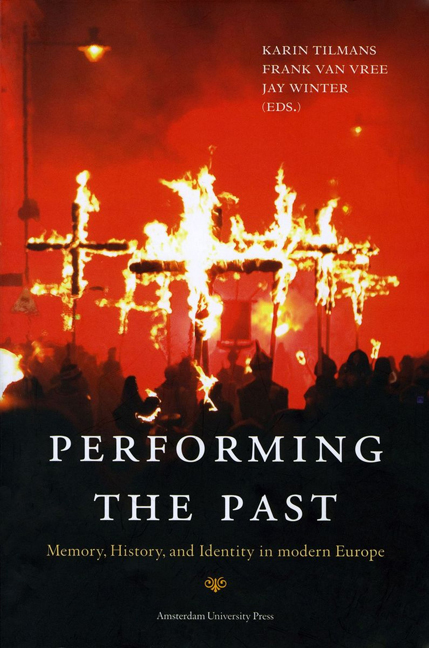Chapter 10 - The Many Afterlives of Ivanhoe
Published online by Cambridge University Press: 15 January 2021
Summary
The classics are the books of which we usually hear people say, ‘I am rereading …’ and never ‘I am reading.’
Italo Calvino, Why Read the Classics? (1980)
Between the inspiring and the ‘has been’
Despite poor health foreshadowing his death later that year, Walter Scott spent the spring of 1832 with his son and daughter in Naples. He was fêted by all and sundry, among others by the Austrian minister who organized a masquerade ball in his honour on the theme of the Waverley novels. The invitations to this literary masquerade apparently led to some commotion, Scott's son Charles describing how ‘one beautiful Italian woman has been in tears for the last week because her family are too Catholic to allow her to take the character of Rebecca the Jewess’. Refusing a Catholic permission even to make believe that she is a Jewess betrays a remarkable concern with the transformative power of role-playing. But in the first place, the anecdote illustrates how the Waverley characters had become household words even in Scott's lifetime. In particular it exemplifies the international popularity of Ivanhoe (1819), Scott's romance of the Middle Ages in which Normans and Saxons are pitted against each other in determining the future of England and where Jews, like the afore-mentioned Rebecca, are left on the outside.
If we fast-forward almost two hundred years, we read that the main character of Jonathan Franzen's The Corrections (2001) also experiences some commotion in the run-up to a festive occasion. Having fallen out of favour with the world and his family, he has forgotten about Christmas and now looks in his panic to Walter Scott:
He’d solved the problem of family Christmas gifts on the last possible mailing day, when, in a great rush, he’d pulled old bargains and remainders off his bookshelves and wrapped them in aluminium foil and tied them up with red ribbon and refused to imagine how his nine-year-old nephew Caleb, for example, might react to an Oxford annotated edition of Ivanhoe whose main qualifications as a gift was that it was still in its original shrink-wrap.
That Franzen should use the example of an annotated edition of Ivanhoe to exemplify a totally inappropriate gift for a young nephew indicates a dramatic loss in status for a novel that had got so many people excited in the 1820s.
- Type
- Chapter
- Information
- Performing the PastMemory, History, and Identity in Modern Europe, pp. 207 - 234Publisher: Amsterdam University PressPrint publication year: 2012

